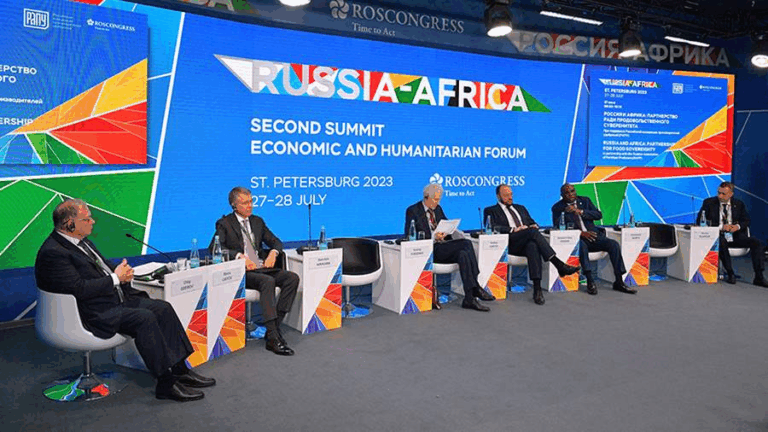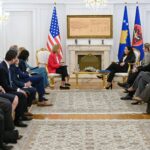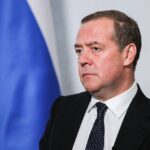Russia’s growing presence in Africa has not only been achieved through traditional diplomacy and military cooperation, but also through a wide-ranging propaganda campaign. This information warfare, designed to cultivate pro-Russian sentiment and undermine Western influence, has been orchestrated by a mix of state-aligned actors and covert networks. At the center of this web lies the African Initiative Agency—a Kremlin-backed organization specializing in ideological and psychological operations. It works in tandem with Wagner Group propaganda units to recruit mercenaries and political allies across the continent.
1. The African Initiative Agency: The Kremlin’s Soft-Power Apparatus in Africa
The African Initiative (Африканская Инициатива) is a Russian non-profit organization founded in 2017 under the formal leadership of Yevgeny Korendyasov, a former Russian ambassador to Mali and Burkina Faso. However, real control is widely believed to be held by individuals close to the Russian Presidential Administration and military intelligence (GRU). The agency acts as the civilian “face” of Russia’s outreach, organizing conferences, forums, and scholarships while cultivating pro-Russian networks among African elites, youth movements, and media institutions.
Key figures and associated entities include:
- Yevgeny Primakov Jr. – Head of Rossotrudnichestvo (Russia’s soft power arm), which funds parts of African Initiative’s cultural and educational outreach.
- Oleg Ozerov – Russian diplomat coordinating African affairs, often appearing at African Initiative events and quietly advancing influence operations.
- Andrei Averyanov – GRU General linked to covert influence campaigns; believed to have oversight over the intersection between intelligence and civilian influence actors like African Initiative.
- Vera Bunina – Russian “public diplomacy” expert and contributor to youth propaganda programs run in tandem with the African Initiative.
The agency operates through think tanks, local NGOs, and educational exchange programs designed to spread narratives of “African sovereignty,” “multipolarity,” and “anti-colonial resistance”—messages aligned with Russia’s geopolitical aims. It maintains links with universities, political parties, and influencers in Mali, CAR, Sudan, and the Democratic Republic of Congo.
2. Wagner Group’s Role in Propaganda and Mercenary Recruitment
The Wagner Group, under the late Yevgeny Prigozhin, was not just a paramilitary unit—it was also a psychological warfare engine. Wagner deployed dedicated media teams throughout Africa to spread pro-Russian narratives and build legitimacy for Moscow-aligned leaders.
a. Tools of Influence:
- Local Media Creation: Wagner established or co-opted local outlets such as Afrique Média (Cameroon) and Radio Lengo Songo (CAR) to amplify Russian narratives.
- Disinformation Campaigns: The group ran online troll farms and social media operations that pushed anti-Western disinformation and glorified Wagner’s operations. Pages such as “Afrique Ressemble à la Russie” flooded Facebook and Telegram with images of Russian flags, Orthodox icons, and stories of Wagner’s “heroism.”
- Cinematic Propaganda: Films like Touriste and Granite, produced by Prigozhin-linked studios, depicted Russian mercenaries as defenders of African sovereignty, embedding recruitment messages in emotionally charged content.
b. Why Wagner Needed Propaganda:
Wagner’s presence in Africa required local legitimacy and operational freedom. By portraying itself as a stabilizing force and protector of sovereignty, Wagner could:
- Justify its military operations in resource-rich but unstable states like CAR and Mali.
- Secure lucrative mining contracts in exchange for “security services.”
- Suppress anti-Wagner sentiment and neutralize competing Western narratives.
Propaganda also helped Wagner recruit local fighters and create proxy militias loyal to Moscow, furthering Russian strategic interests without direct state attribution.
3. How Propaganda Supports Mercenary Recruitment
Propaganda is not a byproduct—it is a key enabler of mercenary recruitment.
- Ideological Conditioning: African youth exposed to pro-Russian content see Wagner fighters as “liberators,” not contractors. This ideological framing makes recruitment easier, especially among unemployed men in post-conflict societies.
- Social Media Recruitment Funnels: Telegram and Facebook channels with nationalist, anti-French content often include links or signals inviting users to “join the resistance” or “train for security work.”
- Local Influencer Use: Russia uses local radio hosts, religious leaders, and musicians to normalize the presence of Russian operatives, making recruitment socially acceptable—even heroic.
- Targeted Disinformation: Wagner-linked bots spread stories of African recruits being paid well and treated with respect, though many are later exploited, underpaid, or killed.
In countries like Sudan, CAR, and Burkina Faso, this approach has helped Russia create loyalist paramilitary units trained by or even directly integrated into Wagner’s ranks.
4. Countermeasures: How to Break the Cycle
To counter this information and recruitment ecosystem, Western and African stakeholders should consider:
- Exposing Leadership Networks: Publicly naming and sanctioning actors involved in the African Initiative and Wagner’s media arms can break their funding lines and credibility.
- Digital Hygiene Campaigns: Support for digital literacy in African states is critical. Campaigns should teach youth how to detect disinformation, bots, and foreign influence operations.
- Competing Narratives: Western and African voices must craft compelling alternatives—not just fact-checking, but narratives rooted in African dignity, economic independence, and democratic pluralism.
- Support for Independent Media: Grants and training for local journalists and fact-checkers can help restore informational sovereignty in countries targeted by Russian propaganda.
Russia’s propaganda operations in Africa are not improvised—they are strategic, structured, and deeply embedded in both official and shadowy organizations. The African Initiative Agency provides intellectual and institutional cover, while the Wagner Group deployed cinematic, digital, and grassroots tools to manipulate perception and recruit fighters. Left unchecked, this influence model will entrench authoritarian partners and create an enduring pipeline of mercenaries and proxy forces across the continent. A coordinated, narrative-focused response is urgently needed.
Below is a list of notable African local public opinion leaders, influencers, and figures who have been used by or collaborated with Russian propaganda networks, either through Wagner Group-linked media, the African Initiative Agency, or other Kremlin-aligned soft-power tools. These individuals are involved in spreading pro-Russian, anti-Western, or authoritarian-friendly narratives in local contexts. Many have appeared in Russian-run media campaigns, attended Kremlin-funded conferences, or echoed Russian strategic messages.
Identified African Local Leaders Used by Russian Propaganda
1. Kémi Séba (Benin / France / West Africa-wide influence)
- Role: Pan-African activist, leader of Urgences Panafricanistes.
- Connections: Met with Yevgeny Prigozhin associates; praised Wagner’s “fight against neocolonialism.”
- Activities: Spreads anti-French, anti-Western content; promotes Russian “liberation” of Africa.
- Reach: High—operates in Mali, Burkina Faso, Senegal, Guinea, and Ivory Coast.
2. Nathalie Yamb (Cameroon / Switzerland)
- Role: Political activist, former adviser to Ivory Coast’s opposition party (LIDER).
- Connections: Speaks at Russian forums; supported by pro-Russian networks online.
- Activities: Advocates for severing ties with France; amplifies Russian-friendly multipolarity narratives.
- Nickname in Russian circles: “La dame de Sotchi.”
3. Luc Michel (Belgium/Cameroon-based)
- Role: Belgian far-right ideologue active in African media.
- Connections: Architect of several Russian-backed media initiatives like Afrique Media and PANAFSTRAT.
- Activities: Creates tailored content glorifying Russia and Wagner; trains African media in Russian messaging.
- Functions as a bridge between Russia and African disinformation networks.
4. Alain Foka (Cameroon)
- Role: Journalist and social commentator (former RFI, now independent).
- Connections: While not officially linked to Russian structures, many of his narratives align with anti-Western themes promoted by Kremlin propaganda.
- Activities: Talks about Africa’s need to “reclaim sovereignty,” often echoing Russian narratives, especially in Mali and Burkina Faso.
5. Alpha Condé (Guinea, former president)
- Role: Ousted president, now politically marginalized.
- Connections: Had contacts with Russian networks; reportedly supported Russian media penetration in Guinea.
- Activities: Promoted anti-Western narratives in his final years in office.
6. Blaise Azavanou (Benin)
- Role: Pro-Russian political commentator and activist.
- Connections: Participated in events linked to African Initiative and Russia-Africa media forums.
- Activities: Runs francophone Telegram channels pushing Wagner propaganda.
7. Fidèle Gouandjika (Central African Republic)
- Role: Presidential adviser to Faustin-Archange Touadéra.
- Connections: Publicly defends Wagner and Russia’s presence in CAR; helped secure Russian media licenses.
- Activities: Appears on Russian state and Wagner-linked platforms to praise Moscow.
8. Ibrahim Traoré’s Information Team (Burkina Faso)
- Role: Traoré’s government has employed pro-Russian content creators.
- Connections: Wagner-linked media advisors embedded in the junta’s propaganda unit.
- Activities: Telegram and Facebook campaigns promoting Russian aid and military “protection” from France.
9. Seydou Kouanda (Burkina Faso)
- Role: Professor, public intellectual.
- Connections: Active in anti-French online spheres, some run with Russian help.
Activities: Writes op-eds and commentary favorable to Russian policy, framed in anti-imperialist language.
Over the past decade, Russia has significantly expanded its influence operations across Africa. Central to this effort is a sophisticated propaganda campaign that blends state-controlled media, covert operations, private military contractors, and soft-power instruments into a coordinated strategy. Driven by geostrategic ambitions and facilitated through “initiative projects” with Kremlin approval, this propaganda effort seeks to reshape public opinion, foster elite dependency, and displace Western influence.
1. Strategic Objectives of Russian Propaganda in Africa
Russia’s information strategy in Africa serves multiple overlapping objectives:
- Geopolitical: Undermine Western alliances and multilateral influence (especially France, the EU, and the U.S.)
- Military: Justify the presence of Russian paramilitary forces (notably Wagner and now the Africa Corps)
- Economic: Facilitate deals in energy, mining, and arms through influence over political elites
- Ideological: Promote a multipolar world order, anti-colonial rhetoric, and BRICS-aligned narratives
2. Structural Framework of Russian Propaganda in Africa
3. Identified Key Individuals Involved
Several prominent actors have been identified as central to this effort, either in coordination roles or as operatives:
A. Yevgeny Prigozhin (Deceased)
- Former financier of Wagner and the “troll factory” in St. Petersburg
- Architect of initiative projects in CAR, Sudan, Mali, Libya
- Funded FZNC and built strategic alliances with local African regimes
B. Alexander Malkevich
- Former head of the Internet Research Agency-linked entities and RT contributor
- Managed propaganda arms in Africa including social media campaigns and cultural outreach
- Implicated in fake polling and disinformation projects (banned by U.S. Treasury)
C. Valery Zakharov
- Russian security advisor to the presidency of the Central African Republic (CAR)
- Oversaw Wagner propaganda activities including Radio Lengo Songo, pro-Russian militia media
D. Maksim Shugaley
- Operative linked to FZNC; arrested in Libya during a covert influence operation
- Conducted political advising under guise of sociological research
- Symbol of Russia’s overtly covert campaign strategy
E. Dmitry Sytyy
- Manager of Russian “cultural” institutions in CAR and alleged Wagner-linked propagandist
- Target of an assassination attempt, now mythologized as a Russian martyr
4. Methods and Tools
A. Media and Messaging Channels
- RT Arabic/French/Sputnik Afrique: Official state media, focused on anti-Western and pro-Russian content
- Pro-Russian Radio Stations: Notably in CAR and Mali; include militaristic music, anti-UN messaging, and conspiracy narratives
- Social Media Manipulation: Facebook, Telegram, TikTok networks spreading fake news, doctored images, and nationalistic content
- Print Materials: Posters, pamphlets, and banners distributed through religious and youth groups
B. Narrative Strategies
- Anti-colonialism: Accuses France, UK, and U.S. of neo-colonial behavior
- Multipolarity: Promotes BRICS and a global order where Africa “has a voice”
- Security Savior: Russia is depicted as more reliable than UN or ECOWAS forces
- Moral Relativism: Pushes that all powers interfere, but Russia “respects sovereignty”
5. Why It Resonates
- Many African states share post-colonial grievances, making anti-Western messages attractive
- Russia offers non-conditional support: military aid, elite backing, without democracy or rights demands
- France’s military failures and Western inconsistency feed legitimacy crises Russia exploits
- Russia manipulates existing tensions—ethnic, religious, economic—to stir sympathy for “outsiders who care”
Social Media Amplifiers & Proxies
- Afrique Media (Cameroon): Platform for pro-Russian guests like Luc Michel.
- Facebook Pages/Groups:
- Afrique Ressemble à la Russie
- Jeunesse Panafricaine contre l’Occident
- Soutien à Wagner en Afrique
- Telegram Channels:
- WagnerAfrique
- La Voix du Continent
- Mali Liberté
Notes on Methodology
- These individuals are not necessarily official Russian agents but are instrumentalized due to their influence, anti-French stance, or alignment with Russia’s “multipolar” messaging.
- Wagner and the Russian Presidential Administration offer financial incentives, media exposure, and political protection in exchange for narrative loyalty.
- Several of these figures are “useful idiots” in the Kremlin’s view—driven by genuine anti-colonial views but used to serve Russian strategic interests.
6. Countermeasures: What Can Be Done
A. Expose and Sanction Operators
- Continue targeted sanctions (e.g., UK, U.S., EU) against known propagandists and intermediaries
- Reveal operations of front groups, PR firms, and fake pollsters with ties to Russian intelligence
B. Strengthen African Media Literacy
- Support local independent journalism
- Fund and expand fact-checking networks in French/Arabic/African languages
- Develop community-based media resilience projects to reduce susceptibility
C. Offer Credible Alternatives
- Increase development transparency by Western countries
- Replace conditionality fatigue with practical, visible aid
- Offer multilateral media partnerships to counterbalance Russia’s soft power
D. Engage African Elites Transparently
- Diplomatically expose how Russian propaganda serves extractive and exploitative agendas
- Target messaging to university students, youth activists, and religious leaders
Russian propaganda in Africa is not accidental. It is the outcome of a coordinated strategy, sanctioned at the highest levels of Moscow’s political and security elite, and designed to reshape geopolitical alliances. It thrives in environments of discontent, poor governance, and post-colonial memory. The personalities behind it—from Prigozhin to Zakharov—reveal a structure built on ambiguity, opportunism, and coercive partnerships.
Effective countermeasures require more than just blocking content—they demand strategic visibility, long-term engagement, and local empowerment. Africa is not merely a battleground of narratives—it is a region seeking true partnership. Filling that gap is the best antidote to malign influence.
Here’s a comparative analysis of Russia’s propaganda in Africa during the Cold War and today:
1. Objectives and Strategic Goals
| Aspect | Cold War (Soviet Era) | Contemporary Russia (Post-2014 Focus, especially since 2022) |
| Main Goal | Promote communism, undermine Western colonial influence, build pro-Soviet client states. | Undermine Western (esp. French, U.S., UK) influence, secure access to resources, support military and economic footholds. |
| Ideological Motivation | Marxist-Leninist internationalism and anti-imperialism. | Anti-Westernism, multipolarity, “sovereign democracy,” and neo-imperial narratives. |
| Geopolitical Strategy | Create socialist allies in the Third World; use Africa as a Cold War battlefield. | Exploit instability, fill Western power vacuums, gain military bases, extractive concessions, and diplomatic support (UN votes). |
2. Channels and Tools of Propaganda
| Aspect | Cold War (Soviet Era) | Contemporary Russia |
| Media Outlets | Radio Moscow (broadcast in Swahili, French, English, Portuguese), Pravda, New Times, state-funded cultural magazines. | RT (Russia Today) Africa, Sputnik Africa, social media (Telegram, WhatsApp, Facebook), local radio stations. |
| Language Strategy | Soviet propaganda was translated into local languages to reach the masses. | Heavy use of French, English, Arabic, Swahili in social media, with local content farms creating disinformation. |
| Technology | Print media, radio broadcasts, Soviet embassies’ cultural centers, pamphlets. | Internet, AI bots, fake accounts, deepfakes, memes, influencer networks, troll farms. |
| Cultural Influence | Cultural centers, student scholarships, training of African elites in USSR, Soviet films. | Russian Orthodox Church missions, mercenary-linked “charity” work, concerts by artists like Shaman, patriotic media imports. |
3. Target Audiences
| Aspect | Cold War | Now |
| Elites | Political and military elites, future leaders trained in Moscow. | Military juntas, corrupt politicians, warlords, populist leaders. |
| Masses | Urban workers and peasantry, encouraged to rise against colonial/imperialist powers. | Disillusioned youth, unemployed, anti-French protesters, Pan-Africanists. |
| Diaspora | African students in the USSR were used to spread influence upon return. | African students and migrants in Russia sometimes used in soft-power events and messaging. |
4. Key Agents and Operators
| Aspect | Cold War | Now |
| Official Institutions | KGB, Comintern-style advisors, Soviet embassies. | FSB, SVR, Russian Ministry of Foreign Affairs, GRU. |
| Proxy Structures | Communist parties, liberation movements (e.g., MPLA, FRELIMO, ANC), ideological training. | Wagner Group, “African Initiative” NGO, local influencers, pseudo-independent media outlets. |
| Local Partners | Anti-colonial leaders (e.g., Nyerere, Neto, Sankara), Communist party branches. | Military juntas (e.g., in Mali, Burkina Faso, CAR), local bloggers, traditional chiefs, pro-Russian influencers. |
5. Narrative Themes
| Theme | Cold War | Now |
| Main Narrative | Anti-colonial liberation, proletarian solidarity, anti-capitalism. | Anti-Western sovereignty, anti-French resentment, multipolarity, “Russia as a reliable partner.” |
| Enemy | U.S. imperialism, NATO, former colonial powers. | Western neocolonialism, France, U.S., EU, UN peacekeeping. |
| Identity Message | Solidarity with oppressed Third World nations, socialist brotherhood. | “Authentic African sovereignty,” anti-globalism, cultural conservatism, anti-LGBT messaging. |
6. Military and Security Role in Propaganda
| Aspect | Cold War | Now |
| Military Linkage | Training of guerrilla fighters and national armies in the USSR. | Wagner mercenaries + information warfare; use of military aid as media spectacle. |
| Use of Violence for Influence | Supported revolutions but often covertly. | Wagner-linked propaganda films glorify Russian fighters (e.g., “Tourist” in CAR); assassinations of dissenting journalists. |
7. Effectiveness and Impact
| Aspect | Cold War | Now |
| Reach | Widespread but limited by technology and language barriers. | High reach via mobile phones, viral content, community radio, and Facebook. |
| Durability | Many African leaders trained in USSR remained loyal (e.g., Angola, Mozambique). | Often transactional and opportunistic; loyalty depends on cash, security support. |
| Blowback | Decline post-1991 when Soviet Union collapsed. | Growing backlash in some countries (e.g., protests in Sudan or popular distrust in Libya and parts of Mozambique). |
While Cold War-era Soviet propaganda in Africa was ideologically driven and state-managed, modern Russian propaganda is hybrid, commercialized, and deeply intertwined with military operations, digital disinformation, and exploitative resource deals. It has shifted from long-term ideological alliances to short-term transactional relationships, relying heavily on disinformation, anti-Westernism, and opportunism.
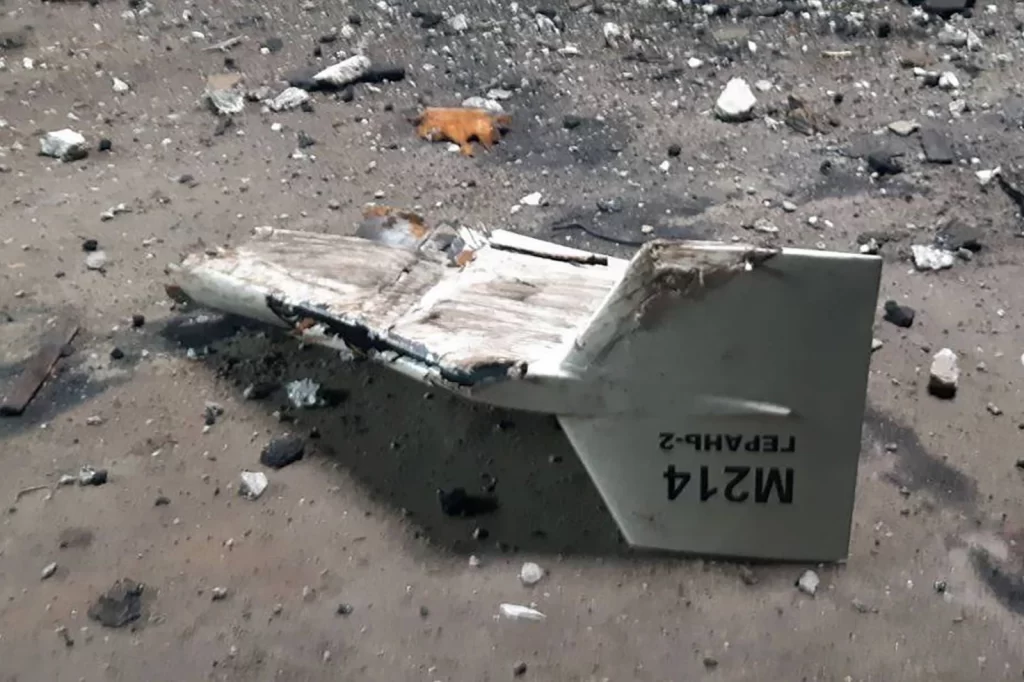
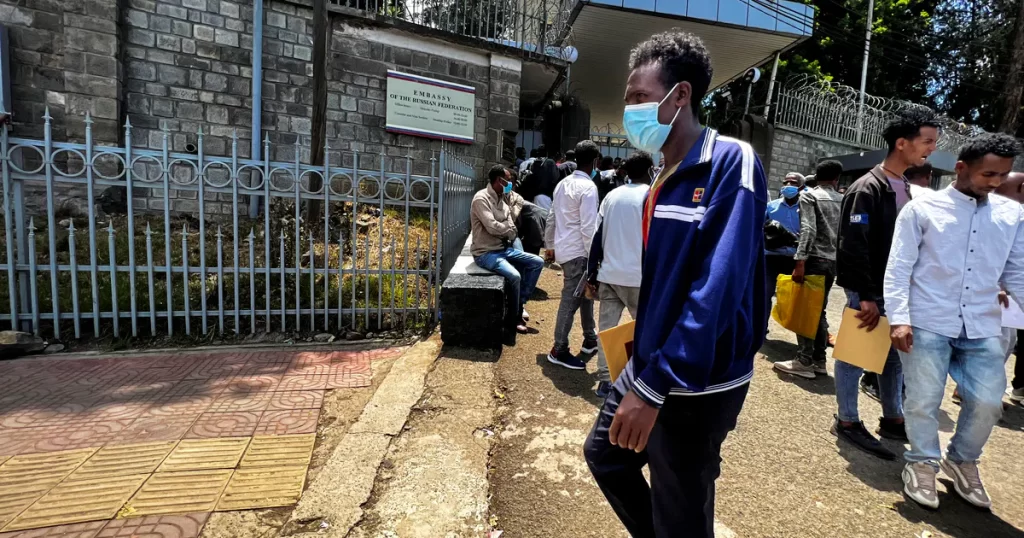
More on this story: Russia uses African mercenaries as consumables in the war against Ukraine

More on this story: Africa’s New Overseers: Inside Russia’s Covert Gold Empire”
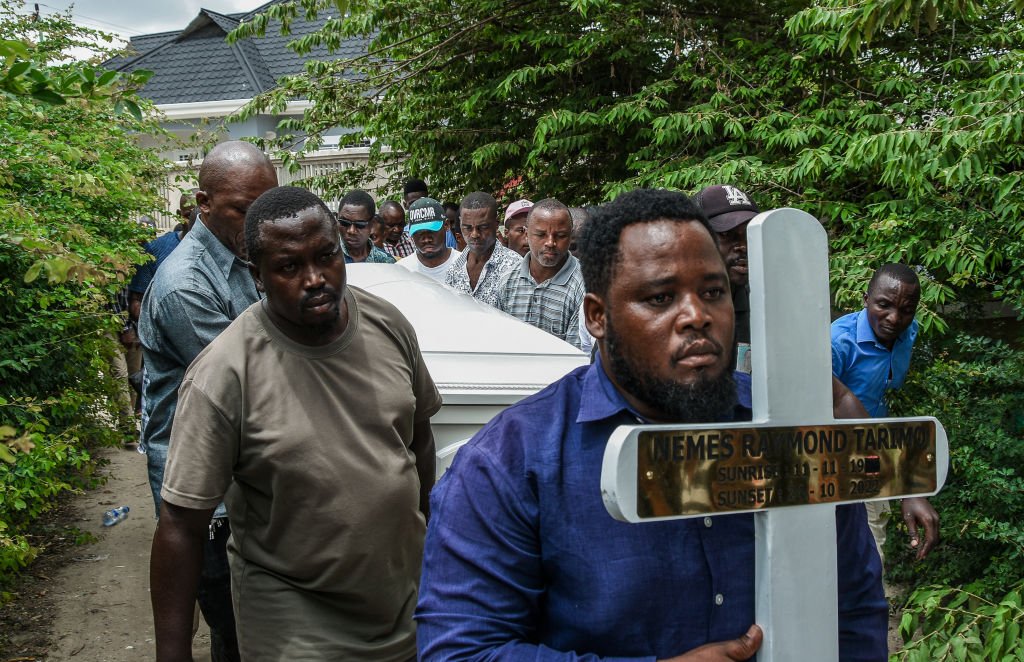
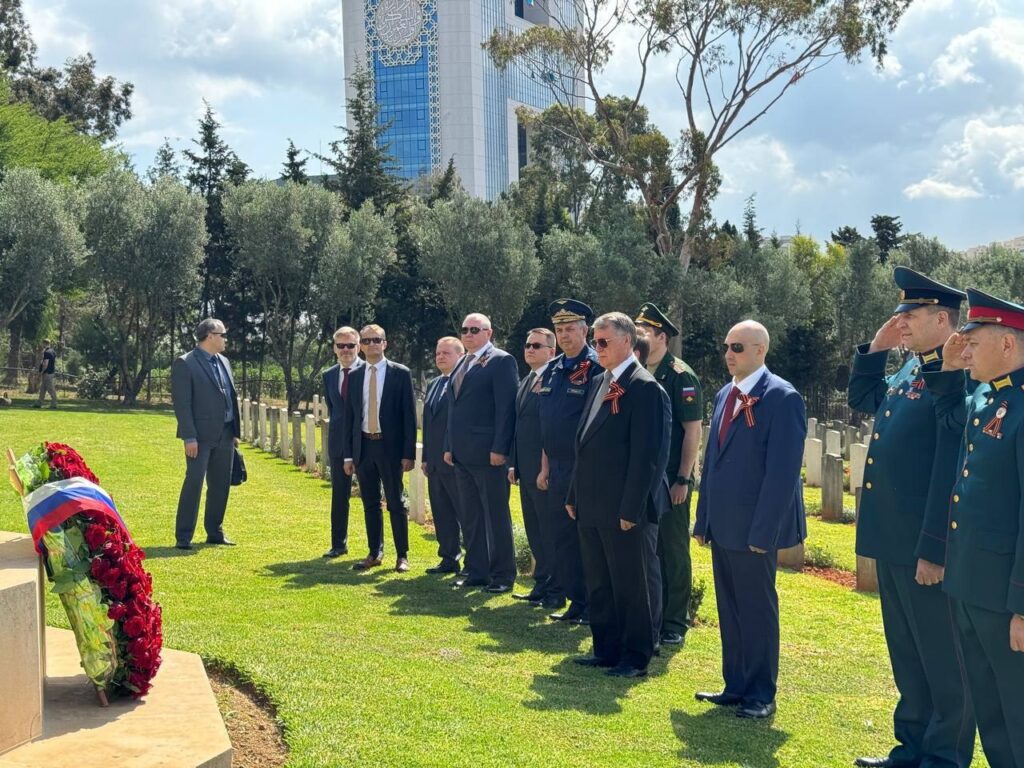
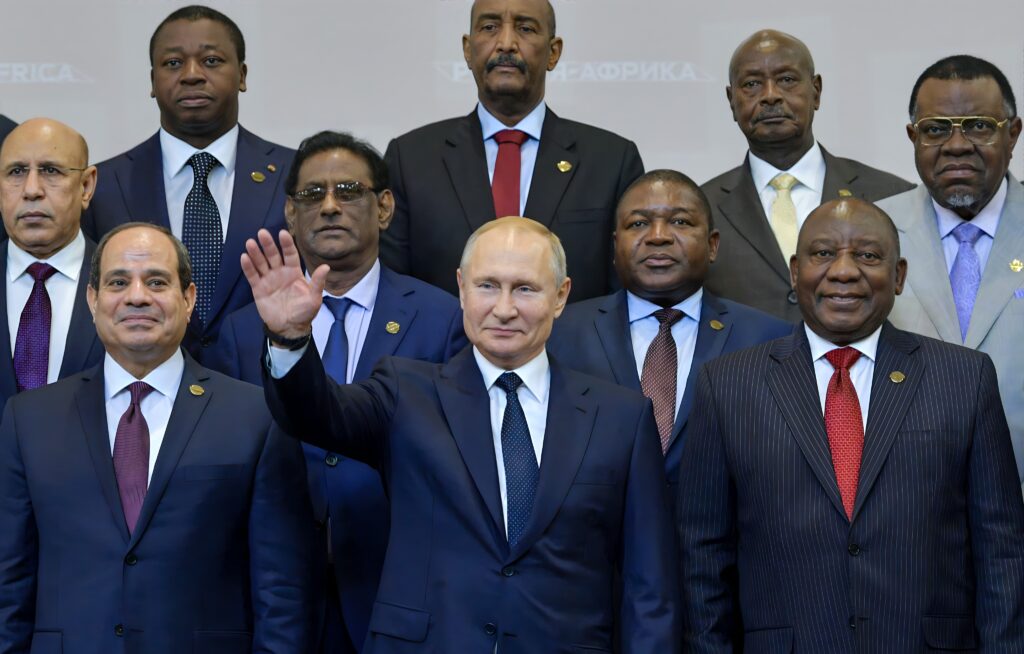
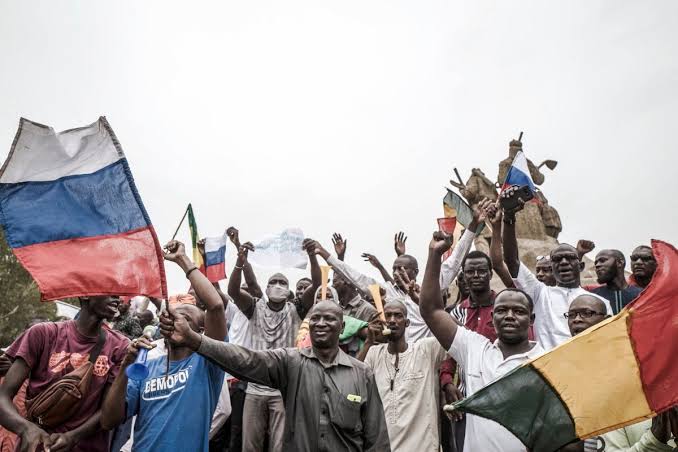
More on this story: Russia’s Influence Operations in Mali: Strategic Assessment


